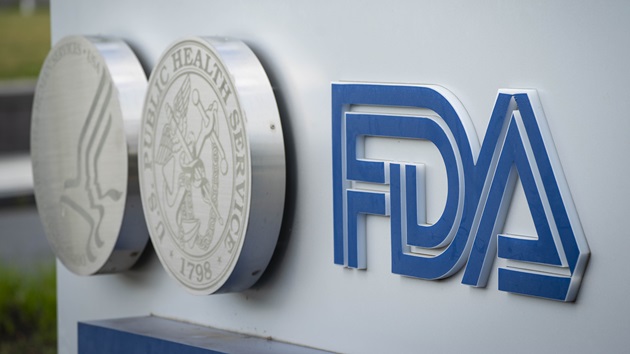
(NEW YORK) -- The Food and Drug Administration is warning the public not to eat, sell or serve certain Great Value raw frozen shrimp sold at Walmart due to possible contamination with Cesium-137, a radioactive isotope.
U.S. Customs and Border Protection alerted the FDA about possible Cesium-137, or Cs-137, detected in shipping containers at four U.S. ports, the FDA said Tuesday in a press release. Testing on frozen shrimp from the distributor, Indonesia's BMS Foods, also tested positive, the FDA said.
However, no shrimp that has tested positive for Cesium-137 has entered the U.S. food supply, according to the FDA.
The FDA is still recommending a recall on all products from BMS Foods that were shipped after the company's shipping containers tested positive for Cesium-137, even though the products themselves have not tested positive.
The following Great Value brand frozen shrimp products should not be eaten, sold or served:
- Great Value brand frozen raw shrimp, lot code: 8005540-1, Best by Date: 3/15/2027
- Great Value brand frozen raw shrimp, lot code: 8005538-1, Best by Date: 3/15/2027
- Great Value brand frozen raw shrimp, lot code: 8005539-1, Best by Date: 3/15/2027
"If you have recently purchased raw frozen shrimp from Walmart that matches this description, throw it away," the FDA said in its press release.
The FDA said it is working with distributors and retailers that received the shrimp from BMS Foods "to recommend that firms conduct a recall," according to the press release.
The FDA said it determined the shrimp from BMS Foods violates the Federal Food, Drug, & Cosmetic Act "in that it appears to have been prepared, packed, or held under insanitary conditions whereby it may have become contaminated with Cs-137 and may pose a safety concern."
All products from the company are now banned from coming into the U.S. "until the firm has resolved the conditions that gave rise to the appearance of the violation," the FDA said.
Cesium is a soft, flexible, silvery-white metal that becomes liquid near room temperature, but easily bonds with chlorides to create a crystalline powder, according to the U.S. Environmental Protection Agency.
External exposure to large amounts of Cesium-137, according to the EPA, can cause burns, acute radiation sickness and even death.
Copyright © 2025, ABC Audio. All rights reserved.

